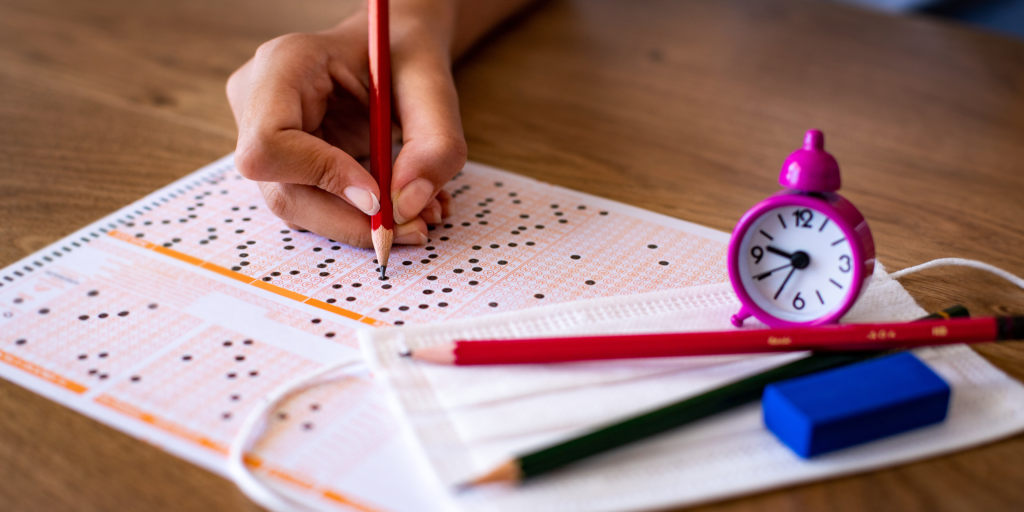Preparing for the International English Language Testing System (IELTS) can be a nerve-
wracking experience, especially when you fear making silly mistakes that could cost you
valuable points. To help you avoid common pitfalls and perform at your best, we’ve compiled
a comprehensive list of do’s and don’ts to follow before and on the IELTS test day. By
following these guidelines, you can boost your confidence and increase your chances of
achieving your desired score.
Do’s Before the Test
a) Familiarize yourself with the IELTS format: Understand the test structure, sections, and
question types. Practice sample tests to become acquainted with the timing and requirements
of each section.
b) Develop a study plan: Create a study schedule that covers all four language skills tested
in IELTS: Listening, Reading, Writing, and Speaking. Allocate ample time for practice,
revision, and rest.
c) Practice regularly: Consistent practice is key to improving your English skills. Utilize
study materials such as textbooks, online resources, and mock tests. Seek feedback from
teachers or language experts to identify areas of improvement.
d) Enhance your vocabulary: Build a strong vocabulary by reading extensively, using
flashcards, and learning new words in context. This will help you express yourself effectively
in both writing and speaking tasks.
e) Improve your time management: Practice time management techniques to ensure you
complete each section within the allocated time. This will prevent rushing through tasks and
making avoidable errors.
Don’ts Before the Test
a) Avoid last-minute cramming: Attempting to learn new concepts or cramming
information right before the test can increase stress and hinder your performance. Instead,
focus on revising what you have already learned.
b) Don’t neglect mock tests: Mock tests simulate the actual test environment and provide
valuable insights into your strengths and weaknesses. Skipping them can leave you
unprepared for the format and timing of the IELTS exam.
c) Don’t underestimate the importance of practice: Regular practice enhances your skills,
builds confidence, and familiarizes you with exam patterns. Neglecting practice can lead to
avoidable mistakes during the test.
Do’s on the Test Day
a) Arrive early: Aim to reach the test center well before the scheduled time. This allows you
to settle in, calm your nerves, and familiarize yourself with the surroundings.
b) Read instructions carefully: Take a few moments to read and understand the instructions
provided for each section. This will ensure that you approach each task correctly.
c) Manage your time effectively: Allocate appropriate time for each question or task, and
stick to it. If you encounter a difficult question, move on and return to it later, instead of
wasting time.
d) Stay focused and calm: Maintain your composure throughout the test. Silly mistakes
often occur due to nervousness or rushing. Take deep breaths, stay focused, and give your
best effort.
Don’ts on the Test Day
a) Avoid overthinking: Over analysing questions or second-guessing your answers can lead
to unnecessary errors. Trust your preparation and go with your instinct.
b) Don’t panic with unfamiliar questions: It’s common to come across unfamiliar topics or
questions. Instead of panicking, approach them with a calm mindset. Use your language skills
to convey your ideas effectively.
While silly mistakes can be frustrating, following these do’s and don’ts before and on the
IELTS test day can significantly reduce the likelihood of making them. Remember to
familiarize yourself with the test format, address weak areas, develop effective strategies, and
allocate ample time for preparation. By adopting these practices and staying calm on the test
day, you’ll be well on your way to achieving success in the IELTS and reaching your
language goals.
You can read our blog: The Role of Analytical Writing in GMAT/GRE
